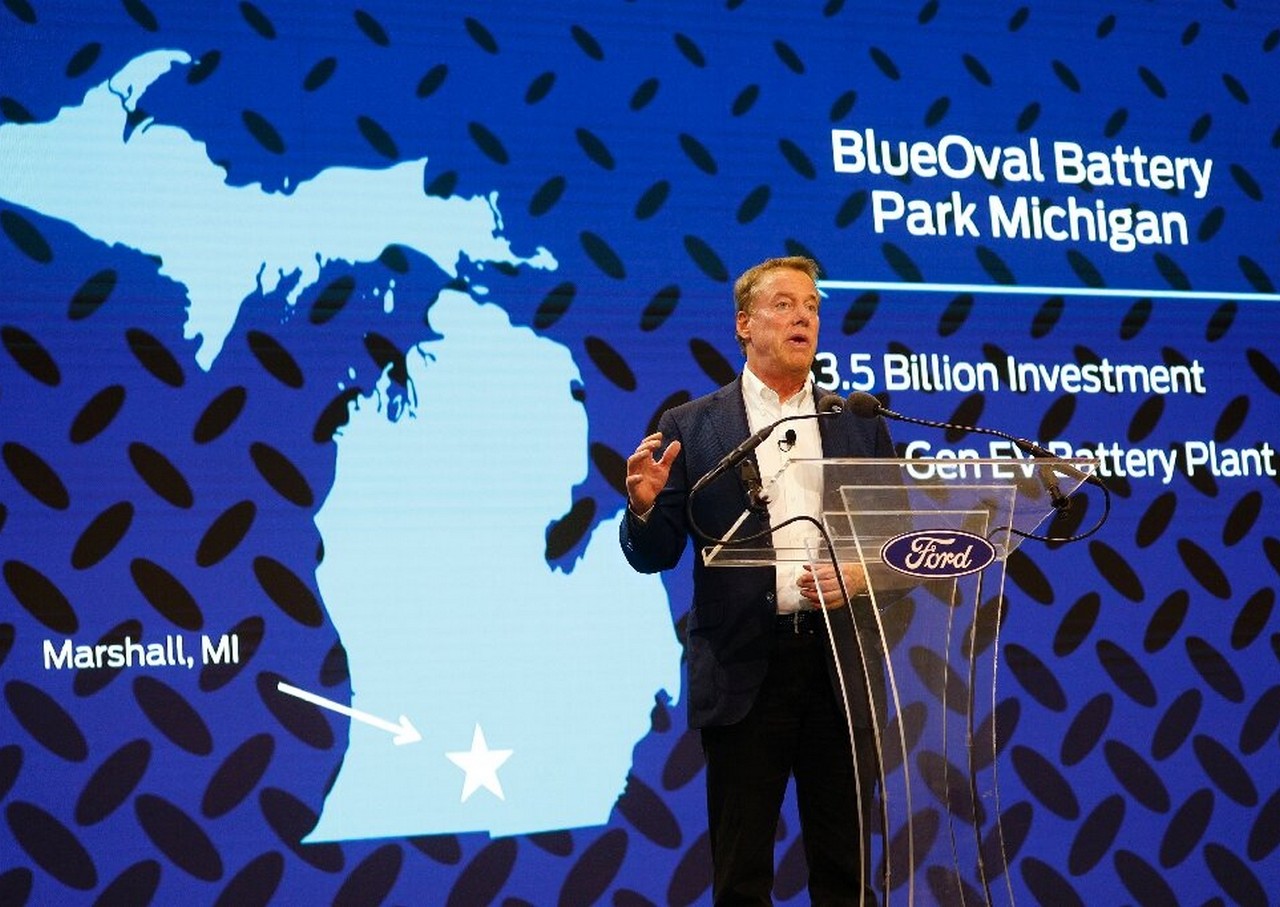The latest frenzy over language processing instruments corresponding to ChatGPT has despatched organizations scrambling to offer tips for accountable utilization. The web publishing platform Medium, for instance, has launched a press release on AI-generated writing that promotes “transparency” and “disclosure.”
My very own establishment has established an FAQ web page about generative AI that calls on educators to make “smart and moral use” of AI and chatbots.
These moral measures appear quaint, given this week’s launch of the extra highly effective GPT-4, which runs the danger of being a disinformation and propaganda machine. OpenAI claims GPT-4 was capable of go a simulated bar examination within the high 10 %, in comparison with GPT-3.5 which solely scored within the backside 10 %.
Unchecked innovation
ChatGPT is powered by a supercomputer and highly effective cloud computing platform, each of which had been funded and created by Microsoft. This Microsoft OpenAI partnership will speed up the worldwide unfold of generative AI merchandise via Microsoft’s Azure platform.
Maybe coincidentally, GPT-4 was launched lower than two months after Microsoft laid off an ethics and society staff. Annoyed staff members mentioned the choice was primarily based on strain from Microsoft’s C-suite, which confused the necessity to transfer AI merchandise “into clients palms at a really excessive velocity.”
The once-reviled Silicon Valley motto of “transfer quick and break issues” could also be again in style.
For now, Microsoft nonetheless has its Workplace of Accountable AI. But it surely appears acceptable to ask what accountable innovation means as this high-speed, high-profit recreation of unchecked innovation rages on.
Accountable innovation
Once I requested ChatGPT what accountable innovation is, it wrote: “The method of creating and implementing new applied sciences, processes, or merchandise in a approach that addresses moral, social and environmental issues. It entails taking into consideration the potential impacts and dangers of innovation on varied stakeholders, together with clients, workers, communities, and the atmosphere.”
ChatGPT’s definition is correct, however bereft of context. Whose concepts are these and the way are they being carried out? Put in any other case, who’s accountable for accountable innovation?
Over the previous decade, quite a lot of corporations, assume tanks and establishments have developed accountable innovation initiatives to forecast and mitigate the destructive penalties of tech growth.
Google based a accountable innovation staff in 2018 to leverage “consultants in ethics, human rights, consumer analysis, and racial justice.” Essentially the most notable output of this staff has been Google’s accountable AI ideas. However the firm’s moral profile past that is questionable.
Google’s work with the U.S. army and its poor remedy of two ethics-minded ex-employees raises issues about Google’s capability for self-policing.
These lingering points, together with Google’s mum or dad firm’s latest antitrust indictment, exhibit {that a} deal with accountable AI shouldn’t be sufficient to maintain massive tech corporations from being “evil.”
The truth is, Google’s biggest contribution to accountable innovation has come from the grassroots efforts of its personal workers. This means accountable innovation might must develop from the underside up. However this can be a tall order in an period of huge tech business layoffs.
Ethics-washing
The Affiliation for Computing Equipment’s Code of Ethics and Skilled Conduct states that tech professionals have a accountability to uphold the general public good as they innovate. However with out help from their superiors, steerage from ethics consultants and regulation from authorities companies, what motivates tech professionals to be “good”? Can tech corporations be trusted to self-audit?
One other concern associated to self-auditing is ethics-washing, the place corporations solely pay lip service to ethics. Meta’s accountable innovation efforts are an excellent case examine of this.
In June 2021, Meta’s high product design govt praised the accountable innovation staff she helped launch in 2018, touting Meta’s “dedication to creating probably the most ethically accountable choices potential, on daily basis.” By September 2022, her staff had been disbanded.
Right this moment, accountable innovation is used as a advertising slogan within the Meta retailer. Meta’s Accountable AI staff was additionally dissolved in 2021 and folded into Meta’s Social Influence group, which helps non-profits leverage Meta merchandise.
This shift from accountable innovation to social innovation is an ethics-washing tactic that obfuscates unethical habits by altering the topic to philanthropy. For that reason, it is important to tell apart “tech for good” because the accountable design of expertise from the now-common philanthropic PR phrase “tech for good.”
Accountable innovation vs. revenue
Unsurprisingly, probably the most subtle requires accountable innovation have come from outdoors company tradition.
The ideas outlined in a white paper from the Data and Communications Know-how Council (ICTC), a Canadian non-profit, speaks to values corresponding to self-awareness, equity and justice—ideas extra acquainted to philosophers and ethicists than to CEOs and founders.
The ICTC’s ideas name for tech builders to transcend the mitigation of destructive penalties and work to reverse social energy imbalances.
One may ask how these ideas apply to the latest developments in generative AI. When OpenAI claims to be “creating applied sciences that empower everybody,” who’s included within the time period “everybody?” And in what context will this “energy” be wielded?
These questions mirror the work of philosophers corresponding to Ruha Benjamin and Armond Cities who’re suspicious of the time period “everybody” in these contexts, and who query the very identification of the “human” in human-centered expertise.
Such issues would decelerate the AI race, however which may not be such a horrible final result.
Worth tensions
There’s a persistent pressure between monetary valuation and ethical values within the tech business. Accountable innovation initiatives had been established to therapeutic massage these tensions, however lately, such efforts are being swept apart.
The stress is palpable within the response of conservative U.S. pundits to the latest Silicon Valley Financial institution failure. A number of Republican stalwarts, together with Donald Trump, have wrongly blamed the turmoil on the financial institution’s “woke outlook” and its dedication to accountable investing and fairness initiatives.
Within the phrases of House Depot co-founder Bernie Marcus, “these banks are badly run as a result of everyone is concentrated on variety and all the woke points,” fairly than what Trump calls “widespread sense enterprise practices.”
The way forward for accountable innovation might rely on how so-called “widespread sense enterprise practices” could be influenced by so-called “woke” points like moral, social and environmental issues. If ethics could be washed away by dismissing them as “woke,” the way forward for accountable innovation is about as promising as that of the CD-ROM.
Offered by
The Dialog







